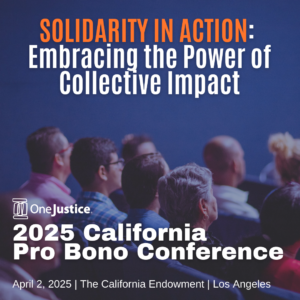Opening Doors to Justice
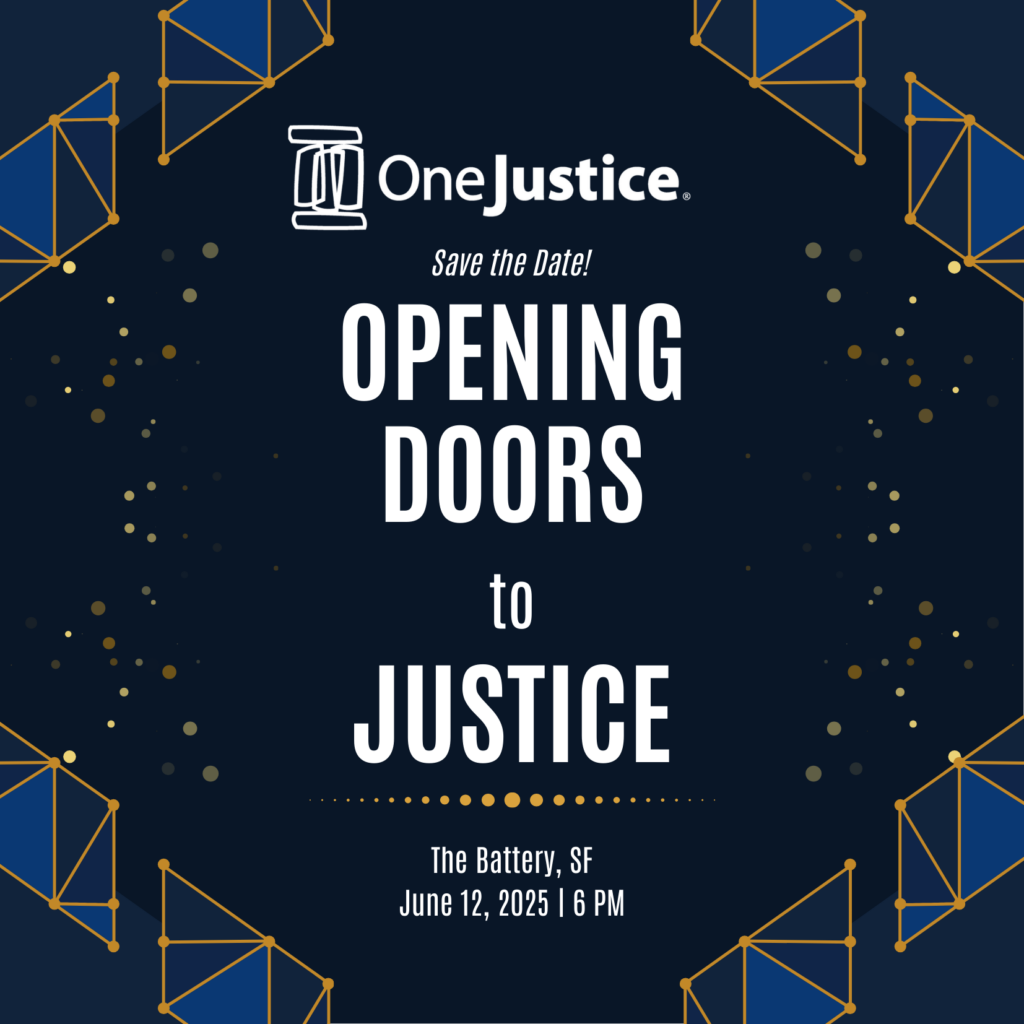
On June 12th, 2025 OneJustice will honor our 2025 Champions of Justice at our annual Opening Doors to Justice fundraiser – remarkable leaders from legal aid and pro bono who are finding innovative ways to advance access to justice through strategic innovation and remarkable effort.
Join us as we celebrate this year’s incredible 2025 Champions of Justice!
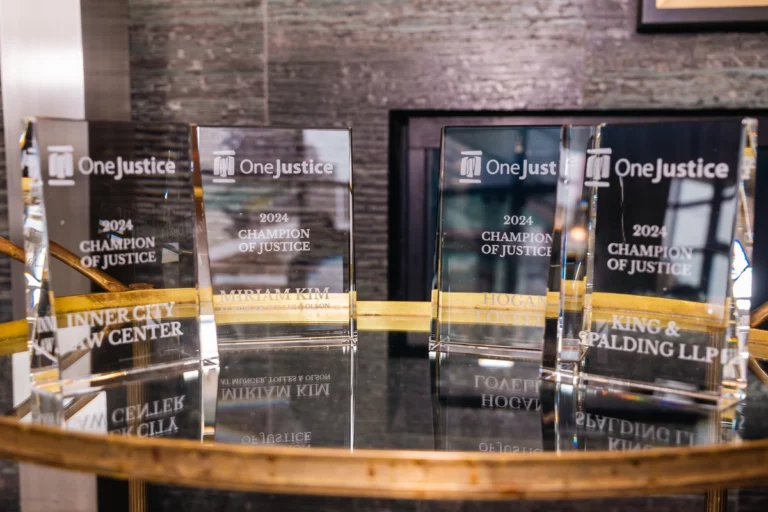
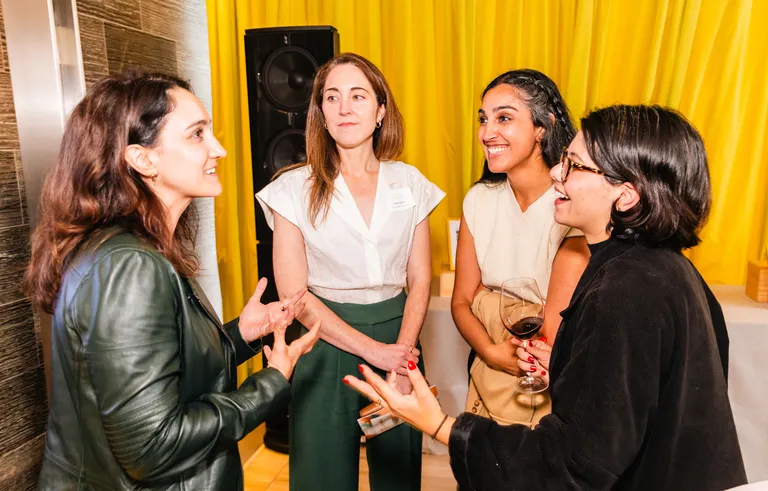

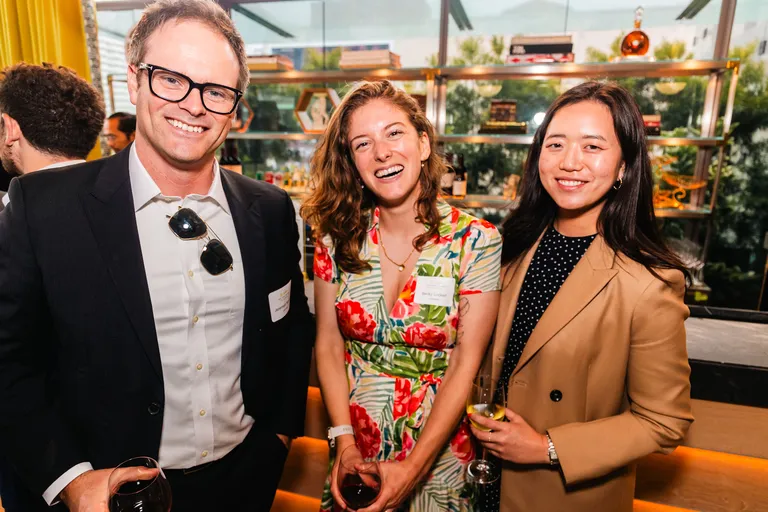


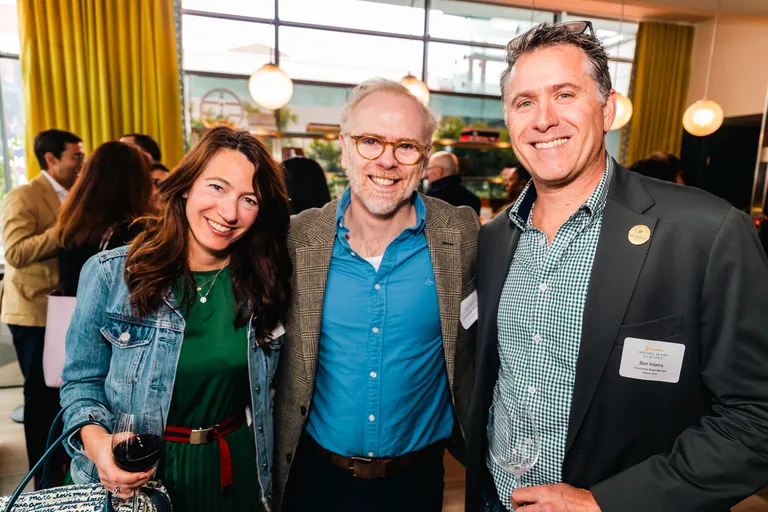
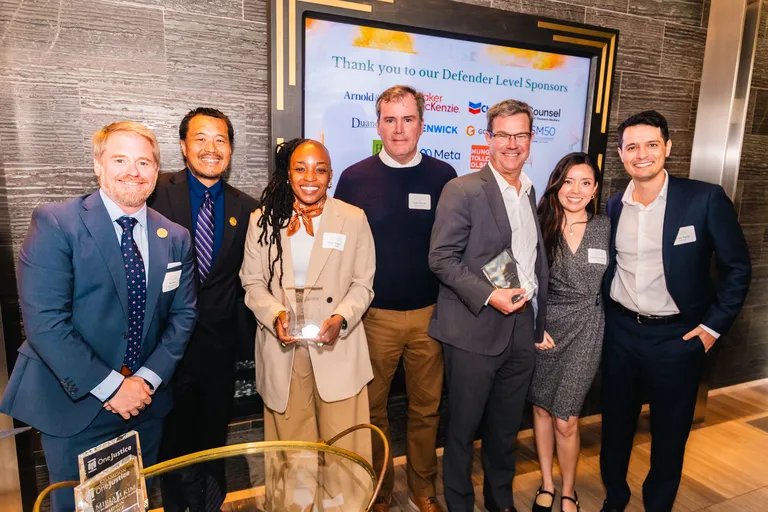
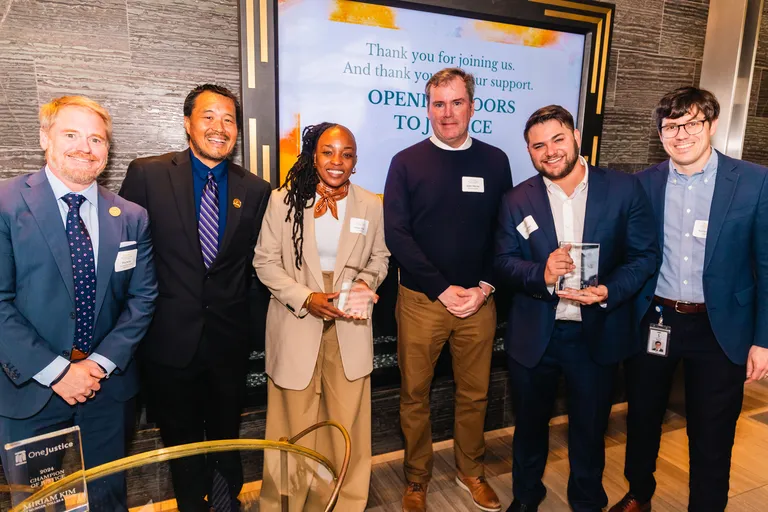


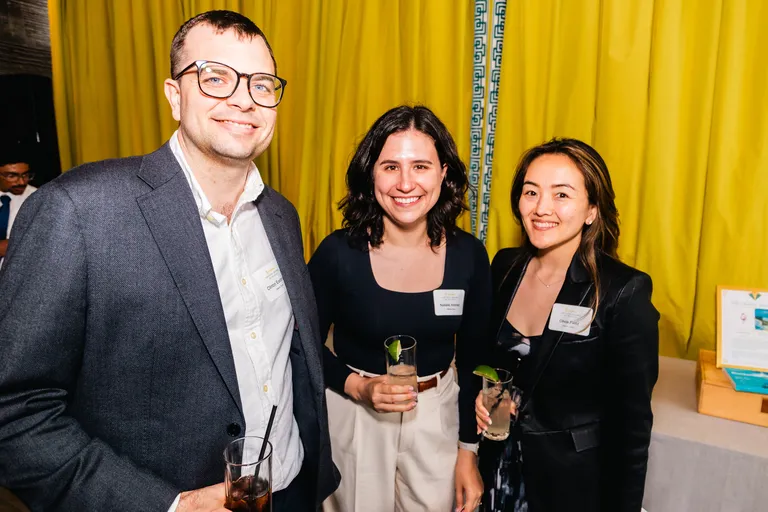
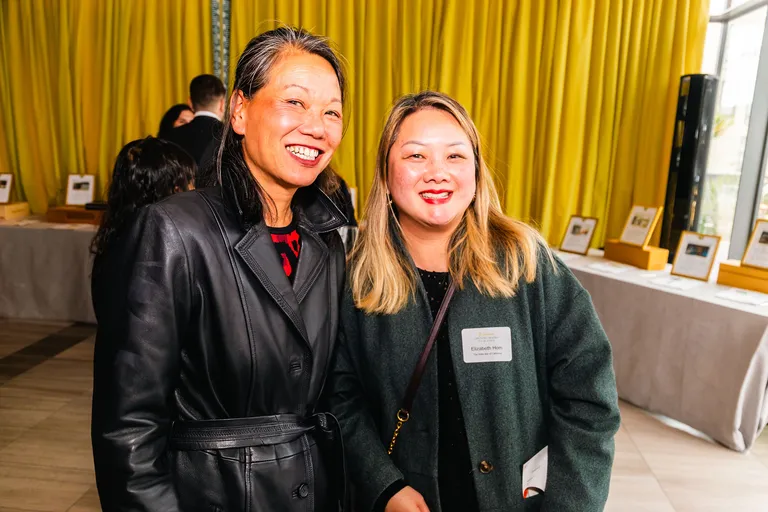

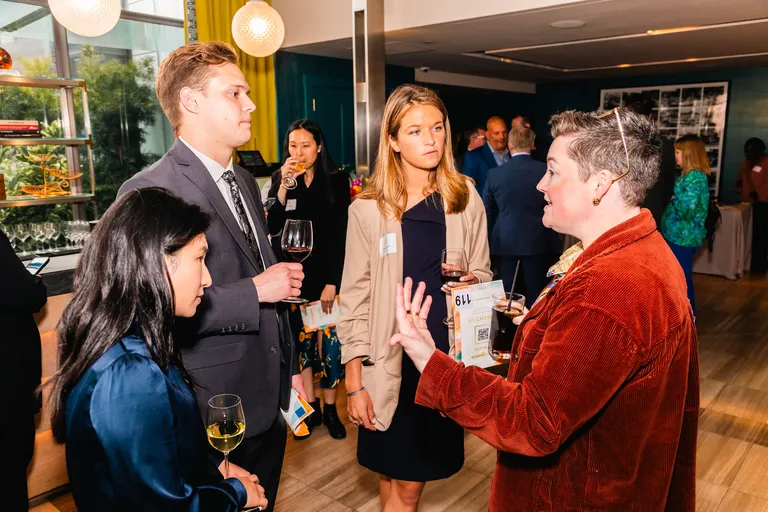
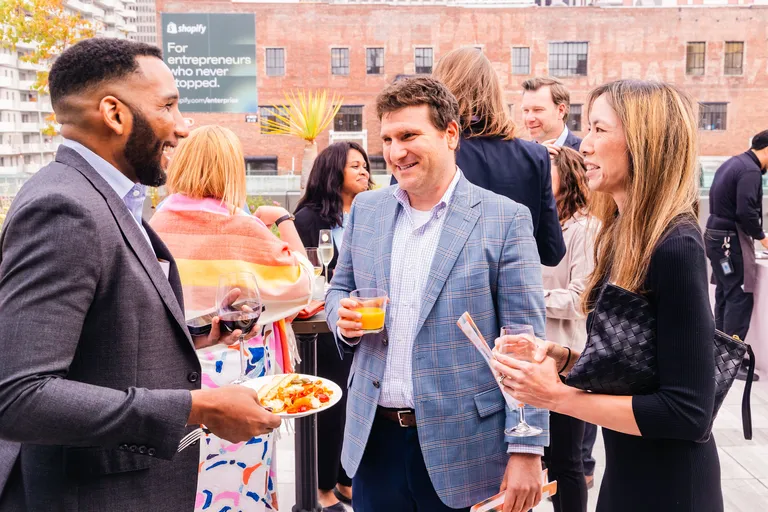
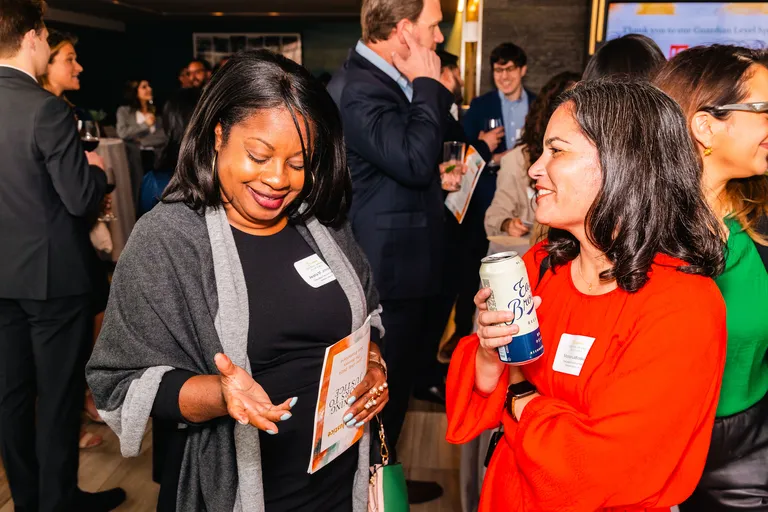
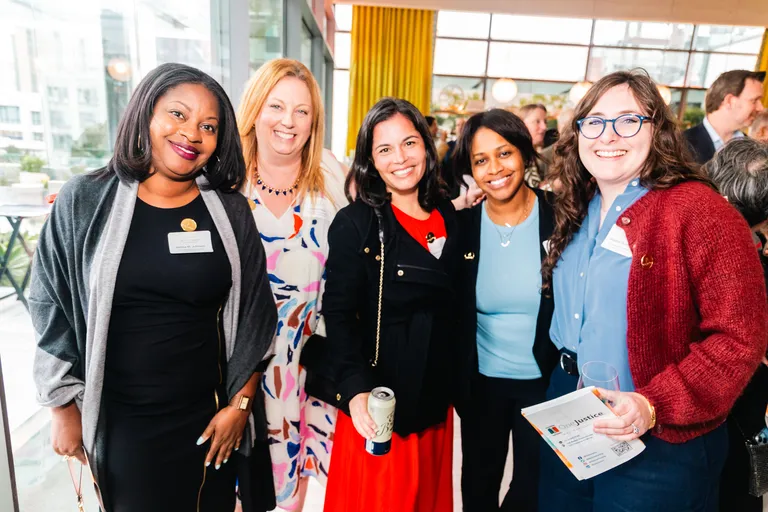
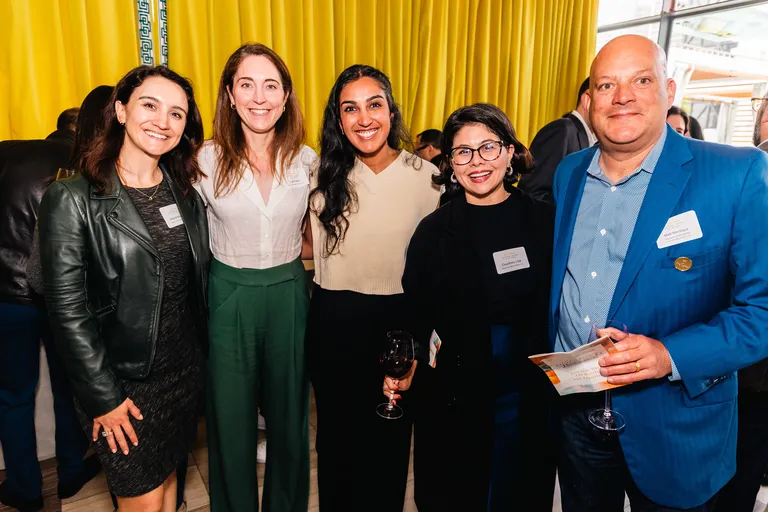



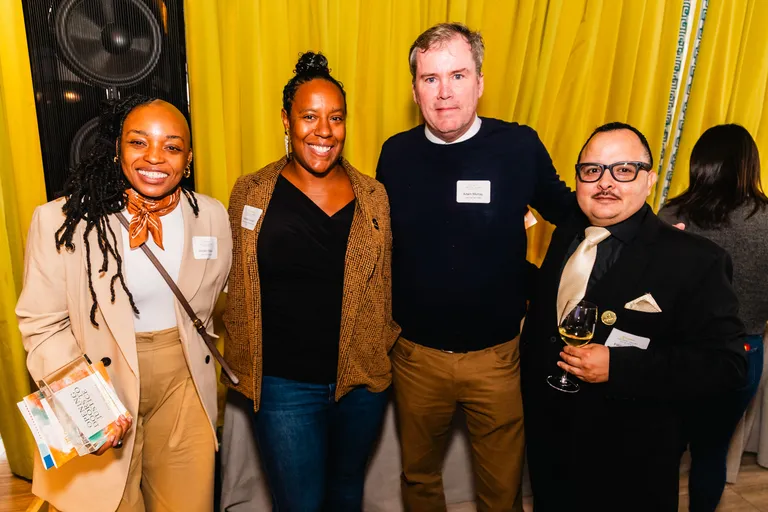


Each year, OneJustice honors our Champions of Justice at our Opening Doors to Justice event in June.
Our Champions of Justice are incredible partners in nonprofit legal services and pro bono who dedicate themselves to expanding access to justice and equity in strategic and innovative ways.
Learn more about how we celebrate legal aid leaders and pro bono innovators each year at Opening Doors to Justice.
This year’s California Pro Bono Conference was an opportunity to reflect, strategize, and align our efforts toward transformative, long-term impact.
Thank you to our speakers and panelists who brought clarity, resolve, and depth to the pro bono issues that require our full attention. Your insights, solutions, and stories moved us – and remind us why pro bono matters.
A heartfelt thank you to our sponsors for the support that made it possible for OneJustice to bring the pro bono community together in solidarity and shared purpose.
OneJustice Event Calendar
Annually, OneJustice hosts a series of
- Trainings
- Free webinars
- Learning Communities
- Cohorts
- Community Events
Check out our event calendar below. All open registrations can be accessed through each calendar invite if they’re open to the public.
For a sector-wide training calendar, we encourage you to visit our friends at the Legal Aid Association of California (LAAC) to review their Upcoming Training Calendar.
Add Your Heading Text Here
Events happening in the legal services sector
If you are a legal services nonprofit interested in posting your fundraising event to our calendar, please email development@one-justice.org with your event information, including dates, location, and any relevant links.
